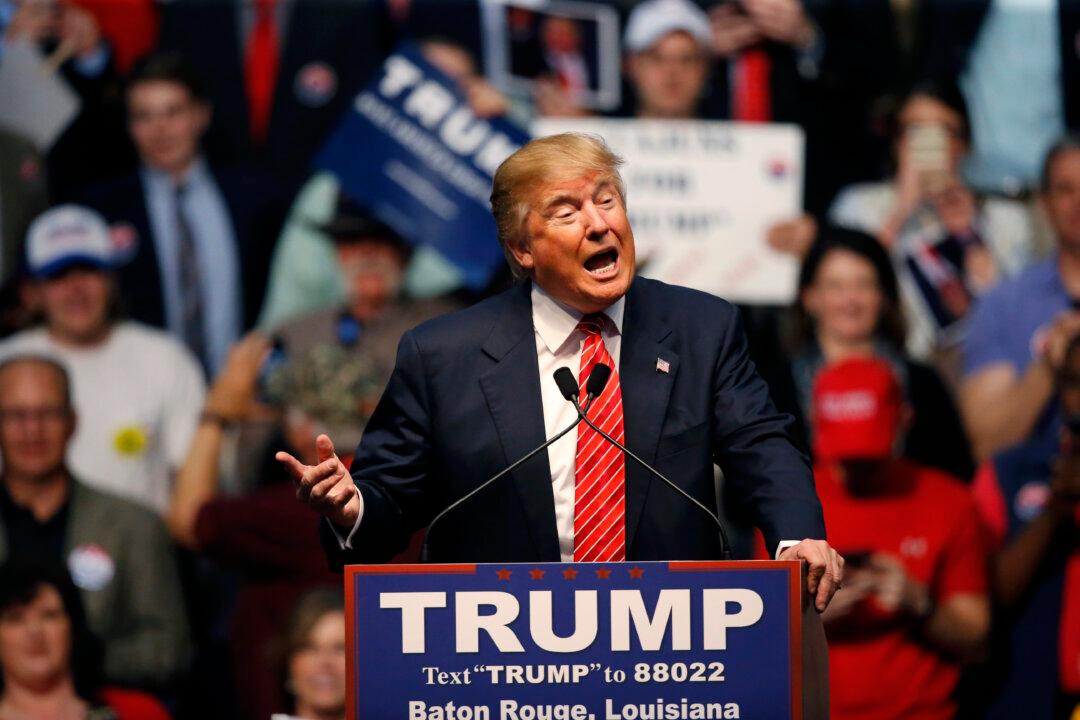WASHINGTON— In 2011, eyebrows shot up when former vice presidential candidate Sarah Palin used a salty acronym — WTF — to mock the policies of President Barack Obama.
How quaint.
Five years later, Donald Trump has blown right past acronyms. He’s in a profanity-laced campaign for the Republican nomination that has seen multiple candidates hurl insults and disparaging remarks at one another and their critics.
In recent days, Trump has publicly lip-synced the F-bomb, blurted out the S-word more than once, hurled an offensive term for coward at rival Ted Cruz and fired a steady string of put-downs at other candidates whom he labels pathetic, liars, losers, nasty, evil and more.
While Trump started it, other GOP candidates have jumped right into the rhetorical mosh pit, readily trading versions of “liar, liar” in Saturday night’s venomous debate.
Cruz has said Trump is “losing it,” called out his “Trumpertantrums” and dismissed the billionaire’s insults as “hysterical.”
Before exiting the race, New Jersey Gov. Chris Christie predicted that he could beat Hillary Clinton in a debate, promising, “I'll beat her rear end on that stage,” and tormented fellow Republican Marco Rubio as a fragile “boy in the bubble.”
Even Jeb Bush, whose 90-year-old mother recently complained that he was too polite, belatedly joined in.






